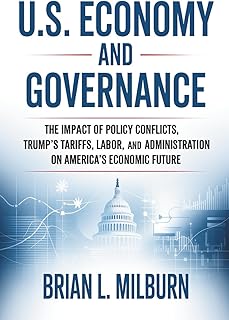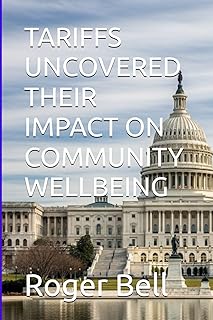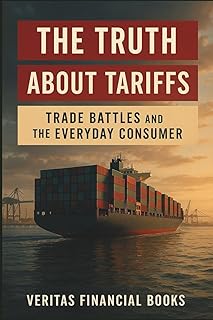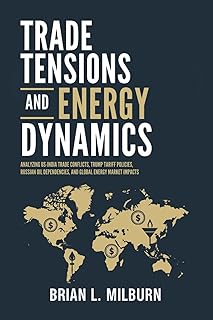The world economy is in a state of flux, with various global economic updates shaping the landscape. Deloitte Insights, along with its research centers, provides valuable insights into economic trends and developments worldwide.
One significant update revolves around US tariffs and their impact on domestic manufacturing. While tariffs were intended to boost local production, some manufacturers are facing challenges, including decreased competitiveness and rising prices due to tariffs. The Institute of Supply Management’s Purchasing Managers Index for manufacturing reflects these difficulties, with commentary from industry insiders shedding light on the real-world implications of tariffs on various sectors.
Another key development is the Japan-US trade deal, which entails substantial Japanese investments in the United States. This deal aims to foster economic ties between the two countries, with Japan pledging significant funds for US projects. However, the deal’s specifics and implications raise questions about trade dynamics and investment strategies moving forward.
Changes in US immigration policies are also affecting job markets, particularly industries reliant on immigrant labor. The shift in policies has led to job market stagnation in certain sectors, impacting employment growth and potentially slowing down the economy. The data suggests a nuanced relationship between immigration policies and labor market dynamics.
Inflation concerns are on the rise in the US, with recent data indicating an uptick in consumer prices and unemployment claims. This inflationary trend, coupled with uncertainties in the job market, paints a complex economic picture. Investors’ optimism about equities amid these developments reflects a mix of factors, including expectations of Federal Reserve interventions and advancements in artificial intelligence.
On the global front, the European Central Bank’s decision to maintain interest rates signals confidence in the Eurozone’s economic stability. However, external factors such as US tariffs and trade policies pose challenges to inflation dynamics and economic forecasts. The evolving economic landscape calls for a nuanced approach to monetary policy and economic management.
In a pivot towards state capitalism, the US government’s increasing interventions in the private sector, such as equity stakes in companies and strategic investments, are reshaping traditional economic paradigms. These moves signal a shift towards a more interventionist economic strategy, with implications for industry dynamics and government-business relations.
As the world economy navigates these updates and transformations, stakeholders must adapt to evolving trends and policies to navigate the complex economic terrain effectively. The interplay of global forces, trade dynamics, and policy shifts underscores the need for strategic foresight and adaptive responses to ensure economic resilience and growth in a rapidly changing world.
📰 Related Articles
- World Leaders Forge Trade Partnerships, Impacting Global Economic Landscapes
- US Trade Representative Engages in Vital APEC Economic Discussions
- US Lifts Sanctions on Syrian Businesses, Reshaping Global Trade
- US Business Reactions to Trump’s Bill and Trade Dynamics
- Trump Delays Tariffs Amid Global Trade Tensions






